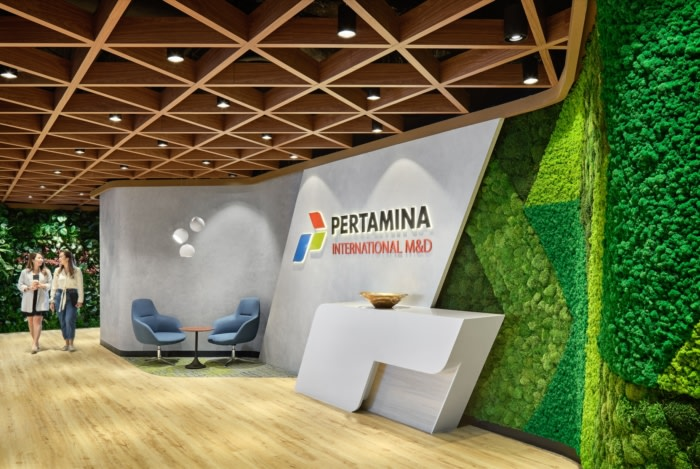NEWS
Nusantara Capital City: A Sustainable City for the World

SEAToday.com, Jakarta - Sustainability is a cornerstone of the development of Indonesia's new capital, Nusantara, in East Kalimantan. The concepts of a forest city and a sustainable city are central to Nusantara's vision.
As Article 2 of Law Number 3 of 2022 concerning the Capital City states, "Nusantara has a vision as a global city for all, built and managed with the aim of becoming a sustainable city in the world, as an engine of Indonesia's future economy, and as a symbol of national identity that represents the diversity of the Indonesian people, based on Pancasila and the 1945 Constitution of the Republic of Indonesia."
Sustainability is one of the three ideal criteria for the new capital, as outlined in the "Buku Saku Pemindahan Ibu Kota Negara" ("Pocket Book on the Relocation of the Capital City") this criteria include:
- A safe and affordable city
- A city designed in harmony with nature
- A connected, active, and accessible city
- A circular and resilient city
- A low-carbon city
Several sustainability missions are also outlined in the 8 principles of the capital city, such as:
Designing in Harmony with Nature
- Over 75 percent of the government area will be green spaces
- All residents will have access to recreational green spaces within a 10-minute walk
- All construction will be environmentally friendly
Low Carbon Emissions
- 100 percent of the city's energy needs will be met by renewable energy
- A 60 percent increase in energy efficiency in new public buildings by 2045
- Net-zero emissions by 2045
Circular and Resilient
- 10 percent of the government area will be used for food production
- 60 percent of waste will be recycled by 2045
- 100 percent of wastewater will be treated by 2035
So, how will the forest city and sustainable city concepts be implemented in Nusantara?
According to the official Nusantara website, the forest city concept requires at least 65 percent forest cover across the entire area. This will be achieved through the rehabilitation of 58,570 hectares of land, currently consisting of open land, former mining areas, shrubs, and concession areas.
Integrated landscape design is necessary to ensure the success of the forest city, both through planting and protecting existing forest cover.
Nusantara has a highly sensitive and ecologically limited area, requiring careful development.
To ensure that Nusantara is developed as a sustainable city and considers the carrying capacity of natural resources and the environment, a Strategic Environmental Assessment (SEA) of the Nusantara Master Plan was conducted in 2020. The development of the SEA for the Nusantara Master Plan was integrated with the development of the Master Plan itself.

































































